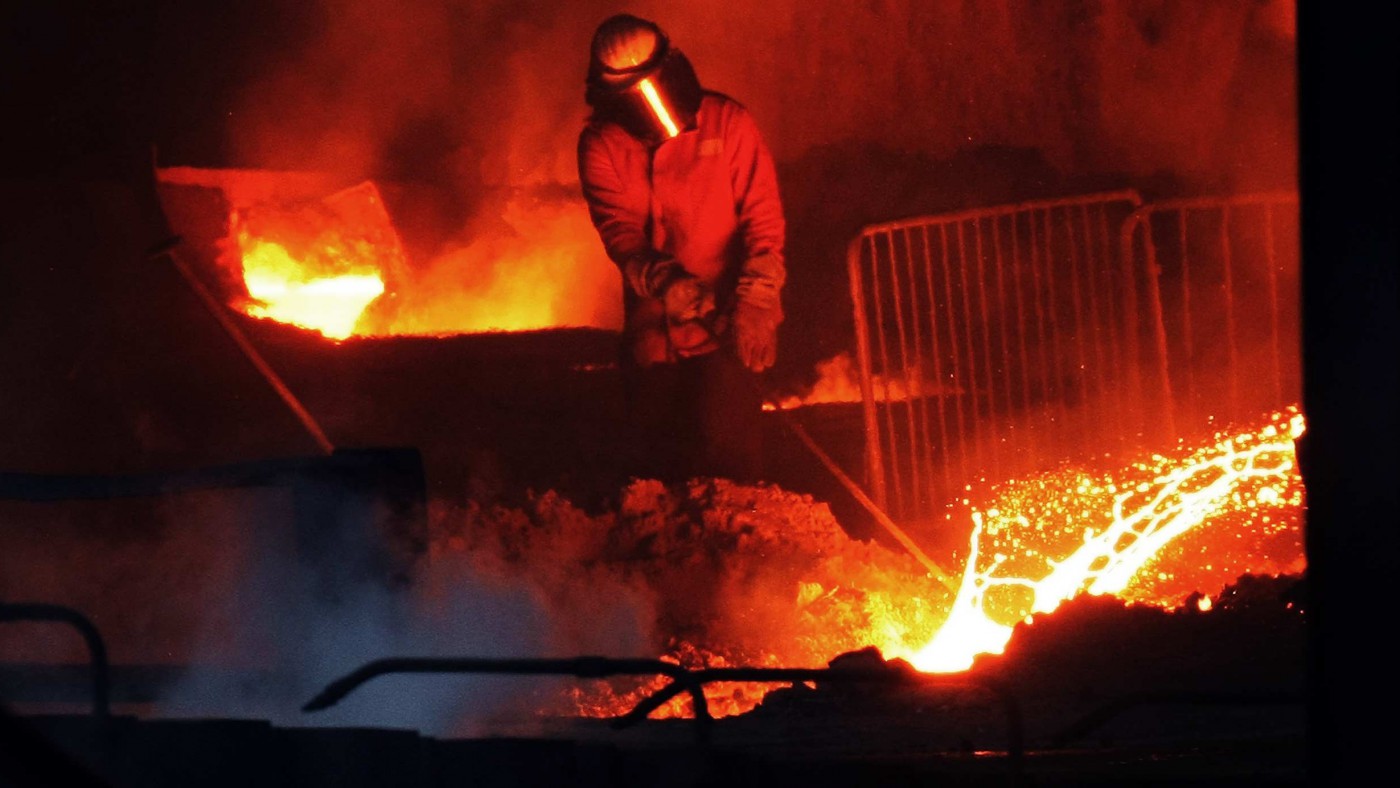Last Thursday’s BBC Question Time included one of the more bizarrely anachronistic discussions for many years. We actually had a long debate on whether the British government should provide special subsidies for the steel industry? For one brief moment I wondered whether this was some extension to the early 1980s theme of the “Back to the Future” day theme. But no. It appears there are genuinely still people who think the UK should subsidise heavy industries.
Furthermore, much of the discussion was premised on the familiar false meme that UK manufacturing is “dying” or has “largely died out”. In fact the UK is the world’s sixth largest manufacturing economy, only one step down from our ranking as the fifth largest economy overall. UK manufacturing isn’t dying out. It’s strong and growing. It’s just that these days we don’t do so much in the way of heavy industries like steel and aluminium. Instead, we do things like creative design, high-tech manufacturing plus (in recent years, to many folks’ surprise) cars. The notion that manufacturing is doing poorly in the UK is simply false. And, seriously folks, who honestly thinks it would be better if we did more dangerous relatively dull heavy industry stuff and less in the way of creative and high-tech stuff?
The notion that we should be subsidising steel is just preposterous. Alan Johnson claimed we needed to protect the steel industry because it was a “strategic industry”. What? Things like steel were strategic industries in the eras of drawn-out manufacturing-combat wars. If you’re going to spend five years fighting Germany in 1940 when you haven’t fully prepared for it in advance, it matters that you can get hold of steel and other things to build planes and tanks and so forth. By the end of the war, the Germans were reduced to building planes out of wood, again.
But those days are long gone. Steel isn’t a “strategic industry”. It isn’t any worse for our economy to import steel than to import bananas or oil or batteries. Of course steel is still used in making various things (though not so many nowadays). But we don’t think we need to subsidise a UK battery industry just because batteries are used in mobile phones and laptops and lots of other key things in our economy, do we?
Nigel Farage complained that EU state aid rules stopped us from subsidising steel. Well, indeed, and a jolly good job too! The state aid rules are amongst the best things about the EU! We surely don’t want to go back to the days of every country in Europe deciding it needed to subsidise its own steel, coal, telecoms, pharmaceuticals and other sectors? We trade with our friends. We don’t want use taxpayers’ money to favour domestic producers (who are probably going to be foreign-owned anyway, unless we’re proposing to ban that as well?) over imports of these things from our neighbours.
There was also much out-of-place talk about how the government needed to “create more jobs”. Obviously for the individuals affected and for the businesses experiencing follow-on effects in Scunthorpe and Grimsby the closure of their business is tough – just as it was tough for Woolworth’s staff or Co-op Bank staff and the businesses connected to them when their institutions had troubles. But UK unemployment is low, not high. Again, it is not the mid-1980s when unemployment was over three million for 51 successive months. It’s 2015 and UK unemployment is just 5% – one of the lowest rates in the developed world.
The only moment of clarity there was in the whole benighted discussion came from the man who asked why it was okay to bail out banks but not to bail out steel. Quite right, sir! It’s absolutely outrageous that we allowed shipbuilders and coal mines and steel manufacturers to go bust whilst bailing out the banks. The answer to that isn’t to start bailing more things out. It’s to bail out fewer – and to condemn the immorality of those who and the system that chose to bail out the banks. To say “We bailed out the banks so we have to bail out steel as well” is the short road to economic perdition.


